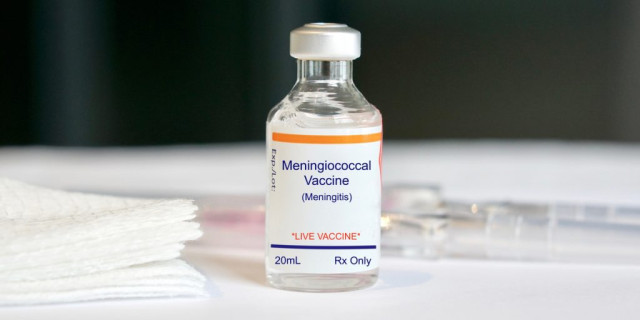ABUJA, Nigeria (NAN) - The Nigeria Centre for Disease Control and Prevention (NCDC) has released a public health notice due to a notable increase in cholera cases reported in 30 local government areas across nine states.
During a media briefing in Abuja on Friday, NCDC director-general Jide Idris highlighted his concerns regarding the rising incidences of cholera as the rainy season approaches.
He warned that this situation constitutes a serious public health risk. “As of April 28, 2025, there have been over 1,141 suspected cholera cases and 30 fatalities reported from various states, including Bayelsa, Lagos, Abia, and Zamfara, which have been particularly hard hit,” he stated.
Idris pointed out that the outbreak is largely due to poor sanitation, lack of access to clean water, and widespread open defecation.
He mentioned that the NCDC is working closely with state governments, the Federal Ministry of Water Resources, and various development partners to enhance surveillance, improve access to oral rehydration therapy, and promote hygiene education.
He reported a decrease in weekly cases of Lassa fever but cautioned that the disease continues to persist in endemic states like Edo, Ondo, and Bauchi. “We must remain vigilant. The virus is still present in the rodent population,” Idris warned.
He also noted that there is ongoing transmission of mpox, with recent cases identified in Lagos, Rivers, and the Federal Capital Territory. “No deaths have been recorded in the last month; however, the virus is still spreading through close contact,” he added.
Regarding Cerebrospinal Meningitis (CSM), Idris mentioned that outbreaks have been reported in Sokoto, Kebbi, and Yobe states, primarily affecting children and young adults.
Vaccination campaigns are currently being conducted in high-burden areas, with support from the National Primary Health Care Development Agency (NPHCDA) and Gavi.
Idris highlighted the critical need for the prudent use of antibiotics in the treatment of ongoing outbreaks, cautioning that misuse, especially in treating cholera and Lassa fever, could exacerbate antimicrobial resistance (AMR). “We must remind our health professionals and the public that not every ailment requires antibiotics,” he stressed.
He urged Nigerians to practice preventive measures, including regular handwashing, proper waste disposal, and seeking immediate medical attention upon noticing any disease symptoms.




















